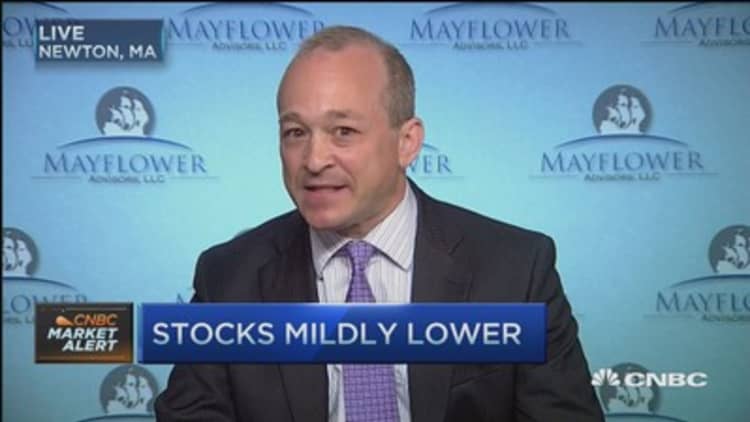When Takao Yasuda, the maverick founder of Japanese discount retailer Don Quijote, retired at the end of June, he could not have been more proud of the legacy he had built.
The chain, known affectionately as Donki and long a magnet for visitors from overseas including Lady Gaga, has recorded 26 consecutive years of sales growth. Having started out as a single shop in Tokyo with the provocative moniker The Thieves Market in 1978, the group has expanded to about 300 stores nationwide.
In the early days, Mr Yasuda collected disposed-of goods and samples from other companies, quickly becoming the first to gather information on soon-to-go-bankrupt firms to get hold of their inventory. He defied convention and industry practices, introducing 24-hour stores at a time when the concept was still mostly unheard of.

Donki's cluttered shops feature maze-like aisles stacked with items ranging from noodles and toilet paper to discounted luxury goods, including Rolex watches and Louis Vuitton bags.
Yet the departure of Mr Yasuda, 66, has unnerved foreign investors. Since he announced his plan to retire in February, US shareholders such as Fidelity and Lazard have reduced their stakes by at least 1 per cent, according to public filings. The company's stock fell 6 per cent the day after his announcement.
Analysts say the transition at Donki is a litmus test for other retailers in Japan with similarly charismatic founders such as Fast Retailing, the operator of the Uniqlo casual clothing chain, and Nitori, a discount furniture retailer.
More from the Financial Times:
Japanese men embrace inner cheapskate
Chinese tourists bring cheer to Hermès
Japan crosses historic tourism threshold
"This is completely uncharted territory. The transition will be a critical challenge for many other Japanese companies," said Deutsche Securities analyst Takahiro Kazahaya.
The succession at Donki was carefully plotted by Mr Yasuda, who delayed his retirement for one year to judge the fallout from an increase in Japan's consumption tax in April 2014.
"I feel it's a must for our group's long-term prosperity for me to step down while I'm still both mentally and physically fit," he said in February.
While Japanese consumer spending remains sluggish, Donki's revenue grew 12 per cent to 684 billion yen ($5.6 billion) in the fiscal year that ended in June. Koji Oohara, the 52 year-old new chief executive, said this month that the company projects revenue to expand a further 6.7 per cent this year.
"We expect the competitive environment to become tougher this year. But we have a solid structure in place and we will continue to be a flexible organisation," Mr Oohara said.
Analysts say one worry for investors is whether Mr Oohara has Mr Yasuda's ability to think five years ahead and his acumen in selecting new store locations and acquisition targets. Mr Yasuda, who relocated to Singapore and remains an advisor, has said he will stay involved in those decisions and in the firm's overseas strategy.
Read MoreUniqlo offers four-day work week to lure, retain talent
Still, investors are broadly bullish about Donki's growth prospects on the back of a surge in Chinese and other overseas visitors to Japan. Mr Kazahaya forecasts inbound tourism to account for about 10 per cent of the company's revenue by 2020, compared to roughly 5 per cent now.
"When Mr Yasuda conveyed his resignation, long-time investors sold their stakes. But in their place, Asian investors hoping for inbound demand came in," said Maki Shinozaki, an analyst at Morgan Stanley MUFG Securities. As a result, foreign investors are now 74 per cent of Donki's shareholders, compared to 63 per cent last year.
A bigger test for Mr Oohara looms with Japan set to raise its consumption tax to 10 per cent from 8 per cent in April 2017, something that could spark a shakeup in the retail industry.
"Donki has the potential to become a key player, but it's the new CEO's role to decide who the company will tie up with" in the event of consolidation in the industry, said Mr Kazahaya. "Mr Yasuda will not be around for ever."

